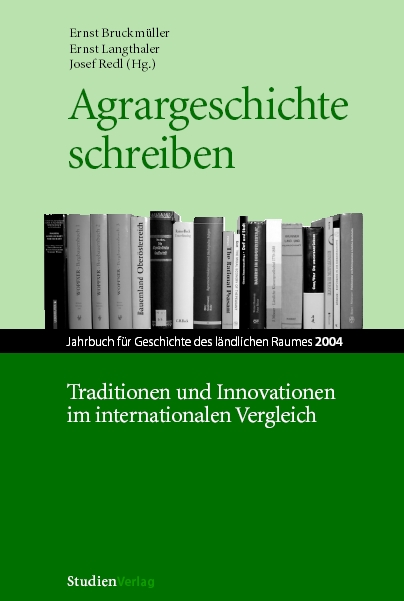Von der Polithistorie zur Sozialgeschichte
Die Historiografie zur Agrarwirtschaft und ländlichen Gesellschaft in der SBZ/DDR
DOI:
https://doi.org/10.25365/rhy-2004-4Abstract
In the GDR, historiography of agriculture and rural society was strongly shaped by the political aims of the leadership of the Socialist Unity Party (SED). Based on the doctrines of Marxism-Leninism, policies ultimately aimed at freeing peasants and workers, establishing a firm alliance between them and abolishing the gulf between urban and rural areas. Historians as well as sociologists and ethnologists, however, increasingly highlighted the ambivalences and ambiguities of everyday life, which did not conform to the dichotomous Marxist class analysis of rural society. Thus, empirical research on the social structure of the big landowners in the German Empire and the Weimar Republic gradually changed interpretations of the political role of the Junkers. Similarly, detailed studies of the development of agriculture and rural society in the GDR showed that the radical transformation in Eastern Germany was by no means universally controlled by the supposedly almighty vanguard of the SED leaders. In the last resort, professional identities and criteria partially escaped the strict political control imposed by the ruling elite.


